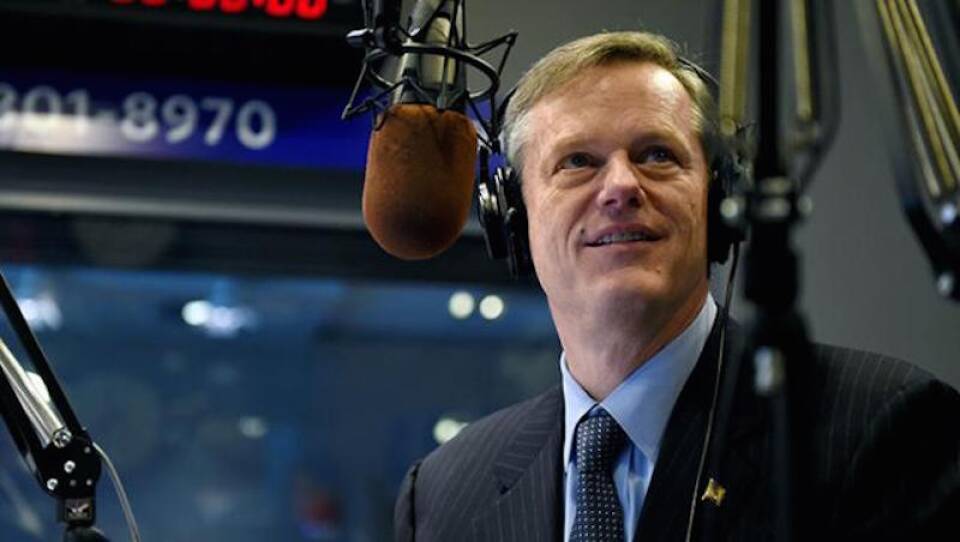Massachusetts could implement a system to verify a person's COVID-19 vaccination status, according to Gov. Charlie Baker. He said Thursday on GBH News' Boston Public Radio that his administration is in touch with jurisdictions that have put their own "vax ID" in place.
"We've been talking to those folks and working through how that would work here in the Commonwealth," Baker said.
"I certainly think it's going to be an important thing for people to have," Baker said in response to host Jim Braude's question of whether it's likely Massachusetts will have such a vaccination ID program at some point.
"Getting to the point where there's a relatively simple process for people to credential the fact that they've been vaccinated will be important for a whole bunch of reasons," Baker said.
While explaining that most Massachusetts vaccination status is technically, if not easily, accessible through a person's vaccine provider, the governor mentioned "states and municipalities that have done something more universal than that."
New York state has operated the "Excelsior Pass" since earlier this year to provide a digital proof of vaccination, or for recent test results.
Baker's thinking has evolved since April , when he said it was too early to consider vaccine passports.
The governor was also asked about the possibility of Afghan refugees coming to live in Massachusetts after fleeing the Taliban. Baker said his administration will cooperate with federal resettlement programs to help out any refugees.
"There will be people who resettle in Massachusetts, and that's something that, as I said before, we support and want to participate in.
On the topic of the MBTA, Baker responded to a new report from the Massachusetts Taxpayers Foundation that said the transit agency will need upwards of $1.25 billion in new revenue each year to avoid "fiscal calamity" unless ridership steeply improves.
Baker called the report "a very pessimistic scenario about about what happens with regard to ridership," but agreed that the number of daily riders is pivotal if the T is going to rebound after the pandemic.
"The biggest question on ridership is ultimately going to be a question about return to work," Baker said, mentioning that the reopening of offices and other workplaces could mean an uptick in the T's ridership that would alter its fiscal footing.








